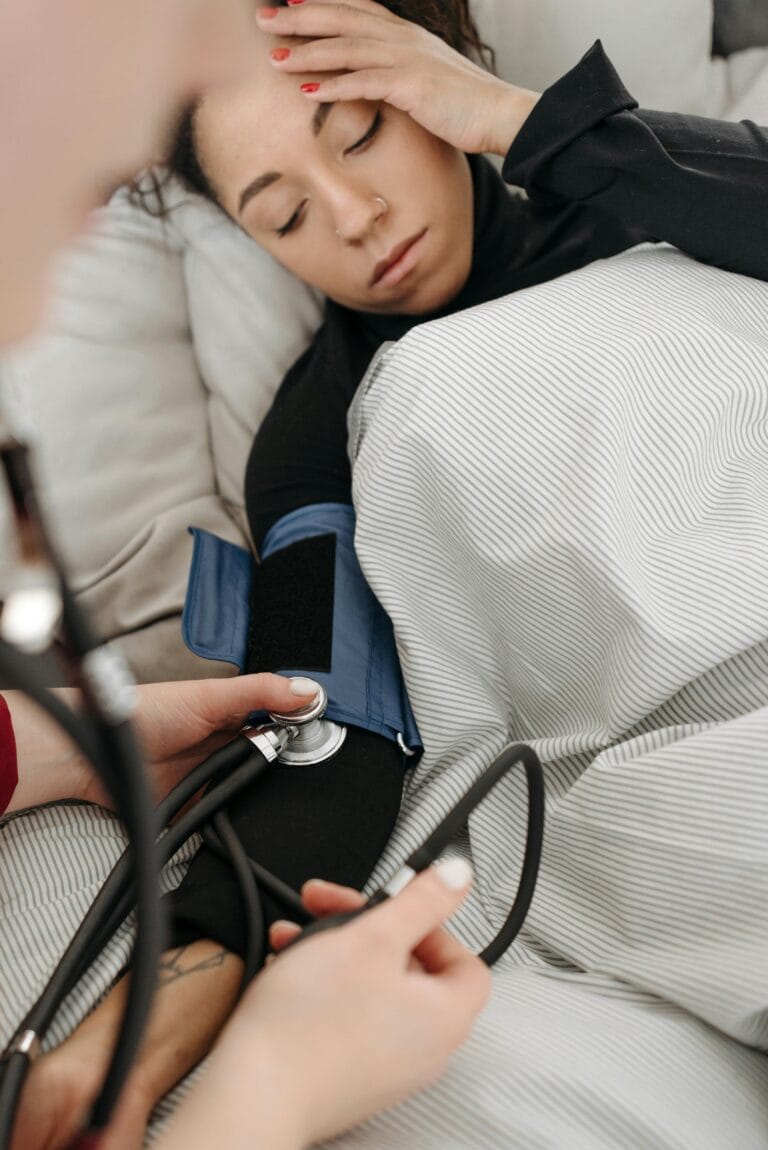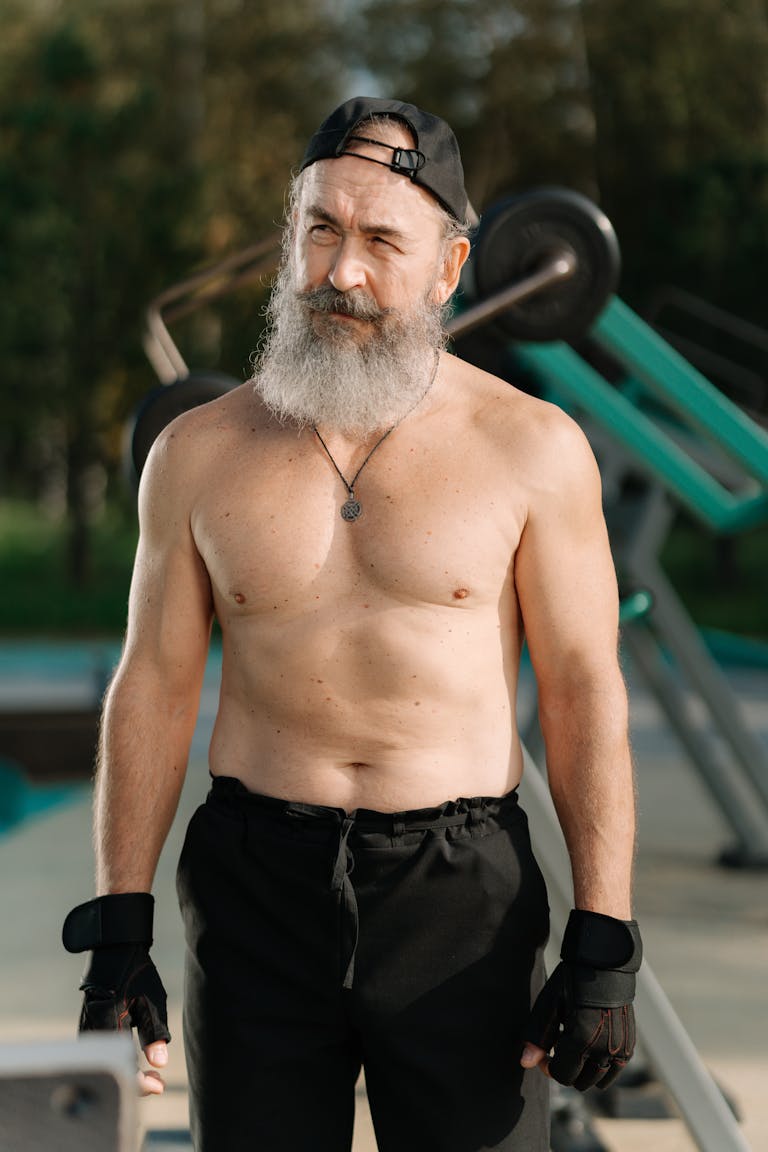FREE SHIPPING OVER $50
Eat Breakfast at This Time to Live Longer—New Longevity Study Reveals the Ideal Window

For decades, we’ve been told that breakfast is the “most important meal of the day.” This advice, however, often came without the crucial context of when that meal should actually occur. Many people rush to eat immediately upon waking, following an outdated assumption that this instantly “kickstarts” the metabolism. While skipping breakfast entirely has its own set of problems, the rush to eat too early may inadvertently sabotage your longevity goals and contribute to key metabolic health issues.
The exciting news is that new longevity study results are providing concrete, actionable data that reframes our entire morning routine. This research suggests that a specific, surprisingly narrow window for your first meal holds the key to living longer by optimizing fundamental biological processes, particularly those involving insulin sensitivity and cellular repair. We’re going to dive into this ideal window and explain the science behind why delaying your first bite is the strategic health hack you need.
The Metabolic Rationale: Why Timing Matters More Than Calories
The focus of modern longevity research has shifted heavily toward when we eat, not just what we eat. This is known as Time-Restricted Eating (TRE). The new data emphasize a powerful biological concept: giving your body an adequate fasting period overnight is critical for metabolic health.
The Insulin Sensitivity Factor
Your body is naturally most efficient at processing glucose and managing insulin earlier in the day. However, your overnight fast needs to be long enough to initiate cellular repair.
- The Problem with Early Breakfast: If you stop eating at 8 PM and eat again at 7 AM, you’ve fasted for only 11 hours. This short window prevents your body from maximizing the benefits of cellular cleanup and doesn’t give your insulin system enough rest. Eating too early forces your metabolism to work before it’s truly optimized.
- The Solution: Delaying your first meal extends the overnight fast, which helps improve insulin sensitivity. Better insulin sensitivity is a cornerstone of longevity and dramatically reduces the risk of Type 2 diabetes, a major inhibitor of a long healthspan.
The Ideal Window Revealed: The Sweet Spot for Longevity
The new longevity study points toward a specific 13-hour minimum daily fast as the marker for optimal healthspan. This leads us to the ideal window for breakfast.
Eat Breakfast Between 8:00 AM and 9:00 AM
For most individuals who finish their last meal between 7:00 PM and 8:00 PM, the ideal time to eat breakfast falls between 8:00 AM and 9:00 AM.
- The 12-to-14 Hour Fast: Eating in this window ensures you consistently achieve a fast of 12 to 14 hours. This duration is long enough to trigger crucial longevity pathways without being so restrictive that it becomes unsustainable.
- The Science: This fasting length is linked to maximizing autophagy (cellular cleanup) and helping maintain circadian rhythm alignment, keeping your metabolism efficient.
Why Your Eating Window Should Be Tight
The research emphasizes that it’s not just when you start eating, but when you stop. If you eat breakfast at 8:30 AM, you should aim to finish your last meal by 6:30 PM to maintain that crucial 14-hour fast. This compressed eating window (around 10 hours) allows your digestive system and metabolic machinery significant downtime.
The Longevity Connection: Cellular Health Benefits
Adopting this specific breakfast timing strategy offers profound benefits for extending your healthspan—the number of years you live in good health and without chronic disease.
1. Maximizing Autophagy (Cellular Cleanup)
Autophagy is the process where cells clean out damaged components (like old mitochondria and toxic proteins). It is a major longevity mechanism, and fasting is its primary trigger.
- The Benefit: By extending the overnight fast until 8:00 AM or 9:00 AM, you give your cells more time to perform this deep cleaning. This prevents the accumulation of cellular debris linked to aging and neurodegenerative diseases.
2. Improving Mitochondrial Health
Your mitochondria are the energy producers. Longevity experts agree that healthy mitochondria are essential for lasting energy and vitality.
- The Benefit: Fasting encourages the body to create new, more efficient mitochondria (mitochondrial biogenesis) and eliminate the old, sluggish ones. This leads to higher sustained energy throughout the day and a more robust metabolism.
3. Better Glucose and Weight Management
For many people, the goal of eating breakfast is better weight management. Strategic timing significantly helps this process.
- The Benefit: A tighter eating window naturally results in fewer opportunities for snacking and makes it easier to maintain a healthy weight. Furthermore, the improved insulin sensitivity from fasting helps stabilize blood sugar levels all day, reducing cravings and promoting fat burn.
Practical Steps to Shift Your Breakfast Time
Transitioning from an early breakfast (say, 6:30 AM) to the ideal window of 8:00 AM to 9:00 AM requires gradual adjustment to make the change sustainable.
Step 1: Push Back Slowly
Don’t jump from 7 AM to 9 AM overnight. Start by pushing your breakfast time back by just 15 minutes every three days.
- Action: If you currently eat at 7:00 AM, move it to 7:15 AM for three days, then to 7:30 AM, and so on. This allows your digestive system and hormones to adapt without causing major hunger pangs.
Step 2: Hydrate Aggressively
Often, morning hunger is actually a sign of dehydration.
- Action: During the extended fast, drink plenty of water, black coffee, or plain herbal tea. These beverages are calorie-free and can significantly suppress appetite. Coffee, in particular, has been shown in some studies to support autophagy initiation.
Step 3: Prioritize Protein and Fiber at Breakfast
Once you hit the ideal window, make sure your first meal is designed for sustained energy and satiety.
- Action: Focus on a balanced meal rich in protein (like eggs or Greek yogurt) and fiber (like avocado or berries). This prevents the glucose spike and subsequent crash that would ruin the energy benefits gained from the morning fast.
Who Should Be Cautious About Delaying Breakfast?
While the new longevity study findings are widely beneficial for the general population, it is crucial to remember that Time-Restricted Eating is not right for everyone.
Pregnant Individuals and Those with Specific Conditions
Individuals who are pregnant, breastfeeding, or managing certain medical conditions (especially those taking insulin or other blood sugar medications) should always consult with a doctor or nutrition expert before making significant changes to their meal timing. For them, stability and consistent nutrient intake may be more important.
People with Intense Morning Workouts
If you perform high-intensity fitness early in the morning, you may need to consume protein soon after your session to maximize muscle repair. In this case, slightly adjust the timing (e.g., a protein shake at 7:30 AM, with your solid meal delayed until 9:30 AM) to compromise between fueling muscle and maintaining the fast.
Conclusion
The question of when to eat breakfast to live longer is answered not by tradition, but by the modern science of longevity. By strategically delaying your first meal to the ideal window of 8:00 AM to 9:00 AM, you easily achieve a crucial 12-to-14-hour overnight fast. This simple timing hack optimizes insulin sensitivity, triggers cell repair (autophagy), and supports mitochondrial health, making it a foundational practice for anyone serious about improving their metabolic health and extending their healthspan. Start shifting your clock now to unlock your body’s powerful anti-aging mechanisms.
Related Articles
- He Couldn’t Climb Stairs at 60—6 Months of Bedroom Exercises Left Doctors Speechless
- 60 and Thriving: 10 Nutritionist-Backed Weight Loss Tips That Don’t Involve Dieting or Deprivation
- Do These 10 Exercises Regularly—They’re Proven to Help You Live Longer
- Want to Look and Feel 17 Years Younger? These 15 Anti-Aging Hacks Are Backed by Science
- The Anti-Aging Habit Hidden in a Remote Village—Doctors Say It Rewinds Your Biological Clock







